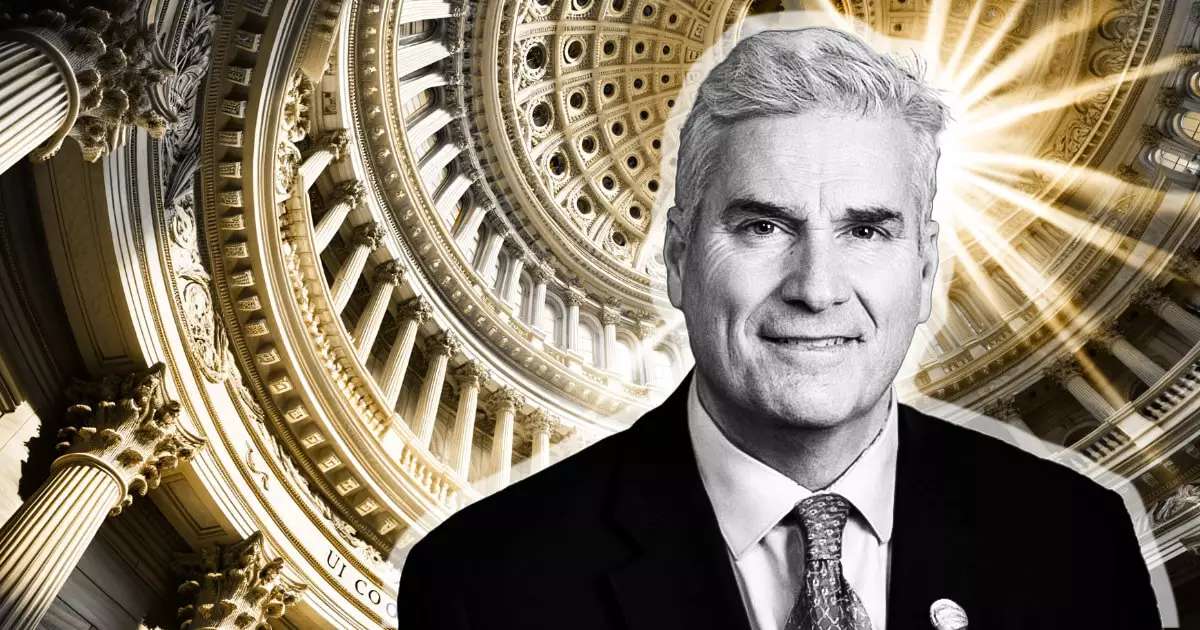Recent developments have brought to light the concerning issue of government agencies beginning to collect data on Bitcoin mining firms. House Majority Whip Tom Emmer was quick to address this issue, warning that the Office of Management and Budget (OMB) had approved a request from the Energy Information Administration (EIA) to impose a new and mandatory information collection regime on the Bitcoin mining industry. Emmer’s letter emphasized the lack of public harm posed by Bitcoin mining and questioned the misuse of emergency powers by the OMB in targeting Bitcoin miners.
Emmer’s defense of Bitcoin mining firms highlighted their integral role in the Bitcoin network and the embodiment of American values through Bitcoin’s open and permissionless technology. He called for a politically neutral policy and criticized the Biden administration for applying regressive policies against energy consumption selectively to the crypto industry. The broader energy policies introduced by the Biden administration in its Inflation Reduction Act have raised concerns about the potential increase in Bitcoin mining activity and its impact on energy consumption during high-demand periods.
While the EIA’s data collection efforts target 82 crypto-mining firms, Emmer raised suspicions about the broader scope of the survey, suggesting it might be an attempt to impose Scope 3 climate policies that extend beyond a company’s direct operations. Drawing parallels to the US SEC’s controversial attempts at collecting similar information, Emmer expressed concerns about the potential penalties faced by non-compliant companies, including daily fines of up to $10,000. The EIA’s survey, initiated in early February with emergency approval from the OMB, requires monthly reporting from crypto-mining firms until July.
Emmer reassured that Bitcoin mining firms can adjust their activity during peak hours and changing weather conditions, minimizing the impact of increased mining activities on energy consumption. He emphasized the need for a more balanced approach from government agencies in addressing concerns about energy consumption and environmental impact related to Bitcoin mining. The current regulatory environment, with its focus on data collection and enforcement of energy policies, has sparked debates within the crypto industry about the implications for innovation and growth in the sector.
The controversy surrounding government data collection on Bitcoin mining firms highlights the ongoing tensions between regulatory oversight and technological advancement in the cryptocurrency space. As stakeholders navigate the complexities of energy consumption, environmental sustainability, and regulatory compliance, finding a balance that supports innovation while addressing legitimate concerns remains a key challenge. The response from policymakers, industry players, and advocacy groups will shape the future trajectory of Bitcoin mining and its role within the broader digital economy.


Leave a Reply